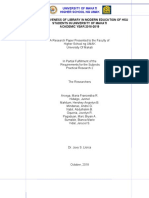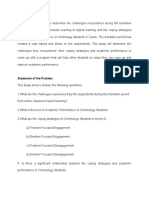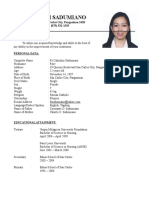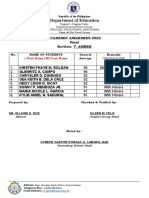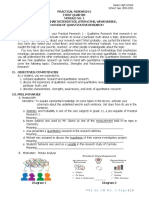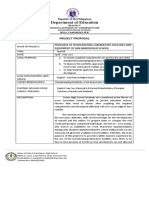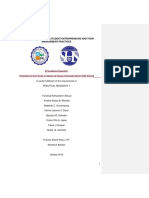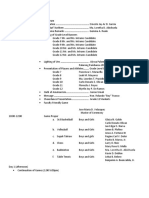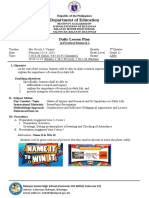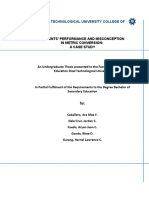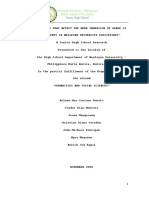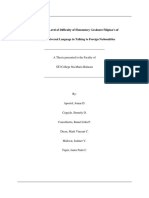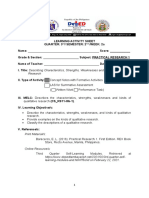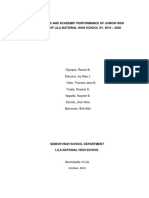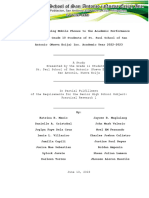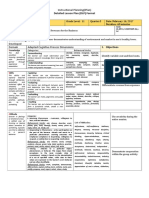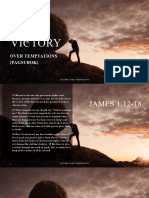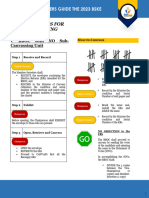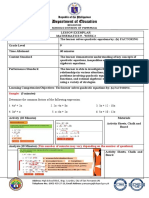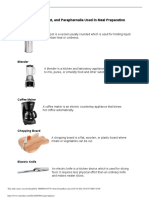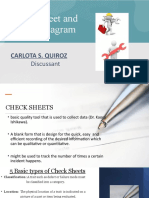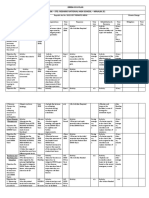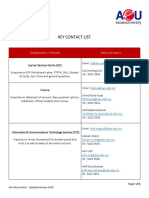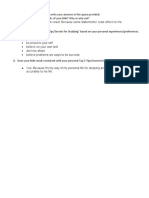0% found this document useful (0 votes)
160 views5 pagesGrade 7 Math Remediation Challenges
1. The document proposes a study on challenges with Project AN, a remedial program for Grade 7 students in mathematics.
2. The researcher is motivated to strengthen the foundation of mathematics concepts like addition, subtraction, multiplication and division.
3. The study will examine the effectiveness and challenges of the remediation process based on teacher training, materials, environment, strategies and student behavior. It will identify consolidated challenges and propose enhancements to the program.
Uploaded by
zaldy mendozaCopyright
© © All Rights Reserved
We take content rights seriously. If you suspect this is your content, claim it here.
Available Formats
Download as DOCX, PDF, TXT or read online on Scribd
0% found this document useful (0 votes)
160 views5 pagesGrade 7 Math Remediation Challenges
1. The document proposes a study on challenges with Project AN, a remedial program for Grade 7 students in mathematics.
2. The researcher is motivated to strengthen the foundation of mathematics concepts like addition, subtraction, multiplication and division.
3. The study will examine the effectiveness and challenges of the remediation process based on teacher training, materials, environment, strategies and student behavior. It will identify consolidated challenges and propose enhancements to the program.
Uploaded by
zaldy mendozaCopyright
© © All Rights Reserved
We take content rights seriously. If you suspect this is your content, claim it here.
Available Formats
Download as DOCX, PDF, TXT or read online on Scribd
/ 5
